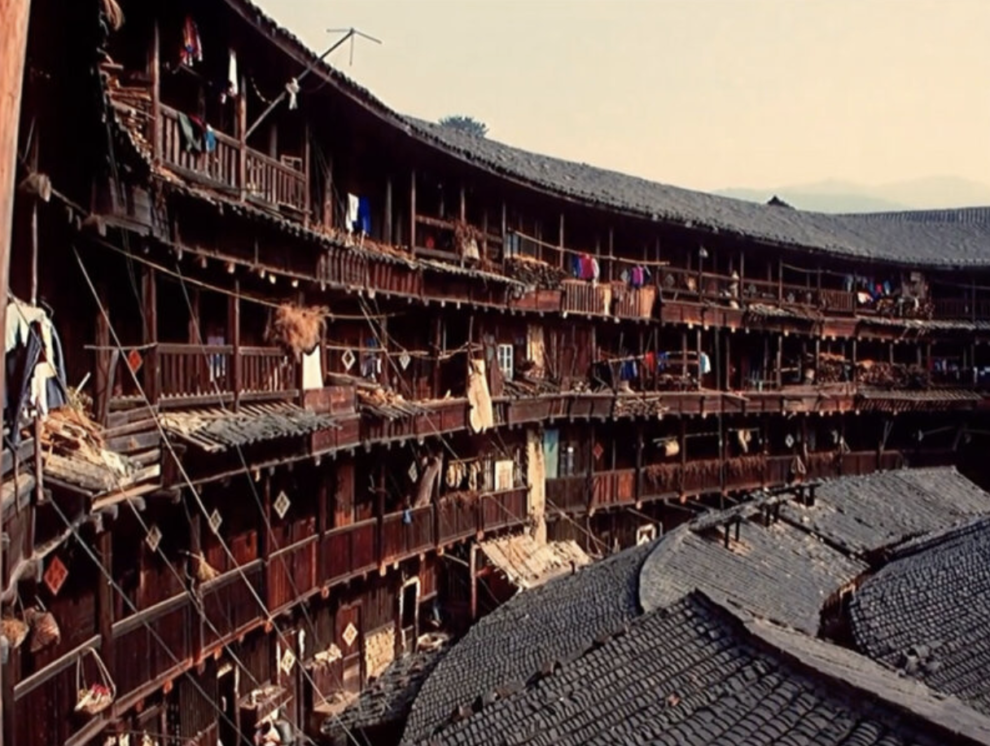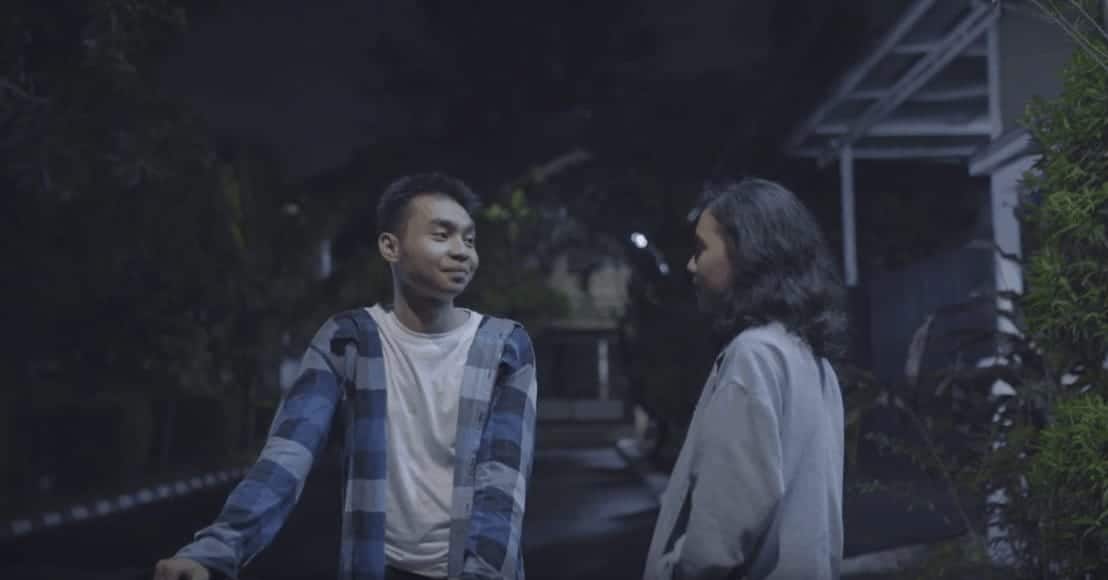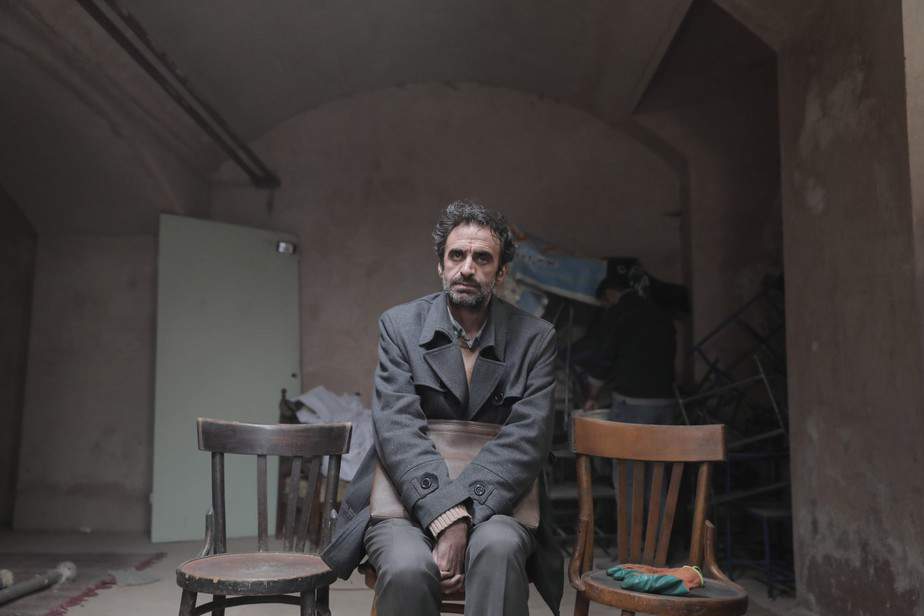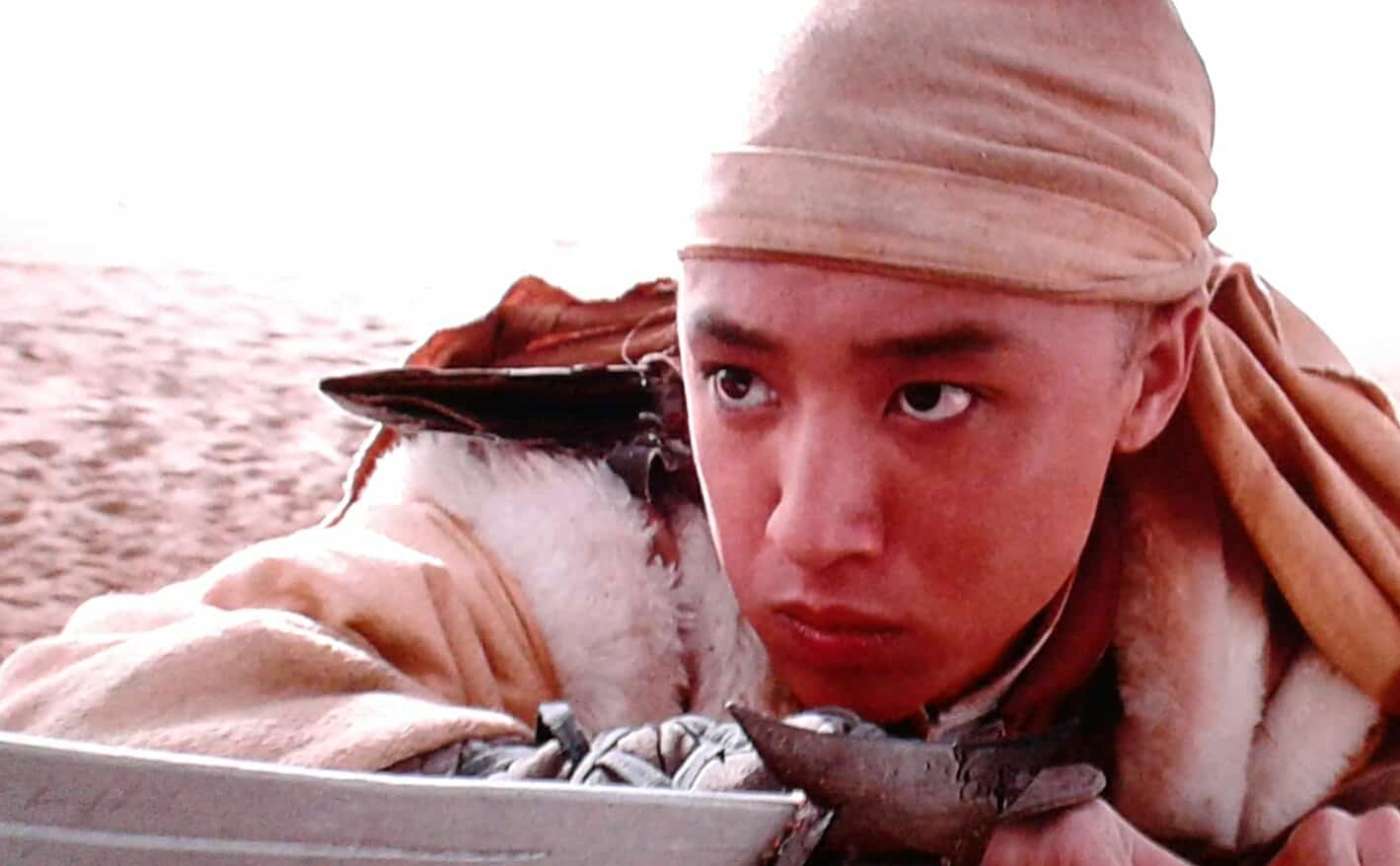The narrative of a culture, nation or ideology has been shaped by many media, with film being perhaps one of the most important, given its blend of several other media within itself. The outcome of these endeavors can be observed in history classes and books, showing the extent of footage dedicated to promote a certain perspective on the past, thus shaping the present and a possible future. Many artists thus have made been highly critical of the medium and these dangers, while ironically using the language of the medium to express their thoughts on these matters, which resulted in features and documentaries being a criticism of the medium as a whole. One of the most well-known examples might just be Chris Marker, whose works make use of cultural narratives and artifacts, putting them in a new or different context, thus revealing the hidden ideology behind it. During her career, filmmaker and writer Trinh T. Minh-Ha has followed a similar path, connecting the aforementioned footage to create features and documentaries about the link of present and past, as well as such themes as gender roles or the forging one's identity within a foreign cultural environment.
What About China? is screening at San Diego Asian Film Festival
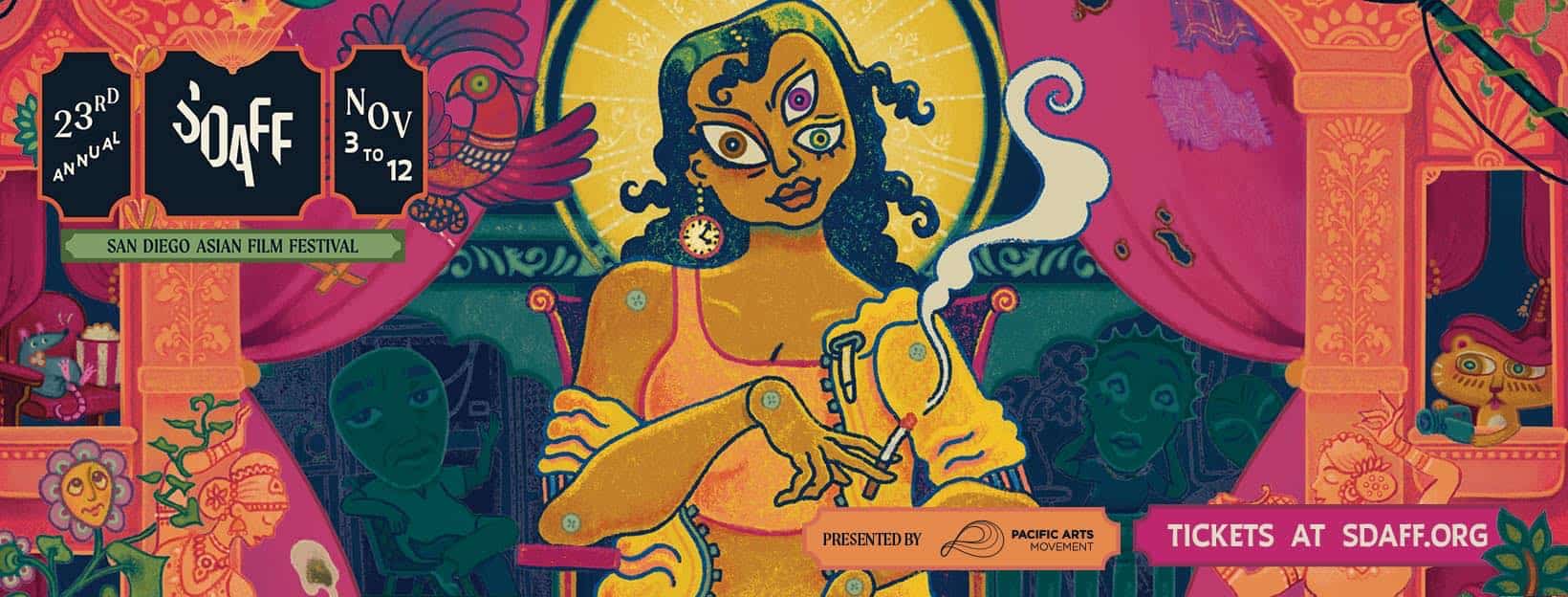
In her new feature “What About China?”, which already won the prestigious New Vision Award at CPH:DOX, she takes on the cultural narrative of China, focusing on footage from the rural side of the country, ranging from 1993 to 1994. As with her previous works, she blends elements of documentary and film essay, emphasizing the context of the footage she shows her viewer, while also uncovering narratives which are perhaps not as obvious as it seems at first glance. Apart from the visual aspect, there is also an auditive element worth mentioning, which is the voices of the filmmaker herself, but also many other corroborators offering further con- or subtext to the various images, making the feature itself at times seem like an art installation.
Within the 135 minutes of running time, there are moments of sheer beauty in “What About China?” as well as scenes which are quite challenging. This challenge is not so much directed at the viewer, rather than the cultural narrative as promoted by the political system of the Chinese at the time, which is heightened by the contrast of the aforementioned visual and auditive elements. The story of a family living in the city being forced to visit the countryside and work alongside peasants during the Mao's leadership is one example of many. While the narrative highlights the confusion of the speaker about her grandmother's disgust with the farmers, the idyllic depiction of farmhouses and the work in the field creates something of an antithesis. Given the added political context, there are multiple layers to these moments, stressing the relationship of rural and urban China and its often problematic nature, as well as the link of the political system to the people it is supposed to lead.
In the end, this is one of many moments making “What About China?” a much rewarding experience for its viewer. Trinh T. Minh-ha combines various kind of footage and voices into an essayist documentary about cultural narratives and the medium itself, which often is quite beautiful and other times very thought-provoking.


